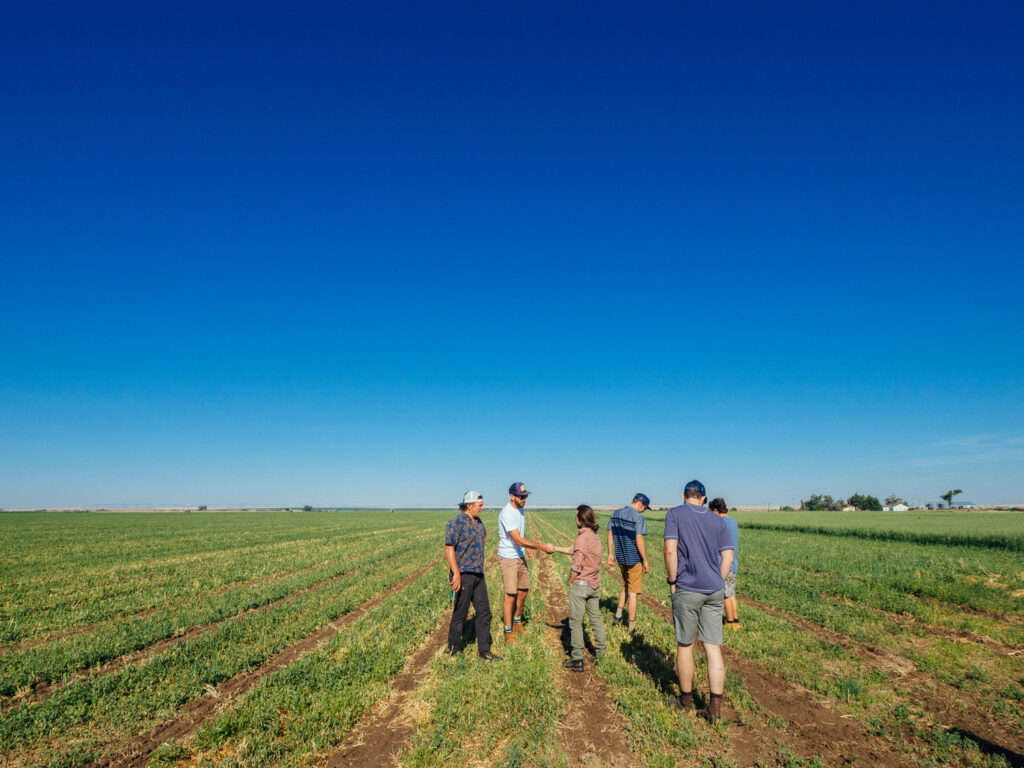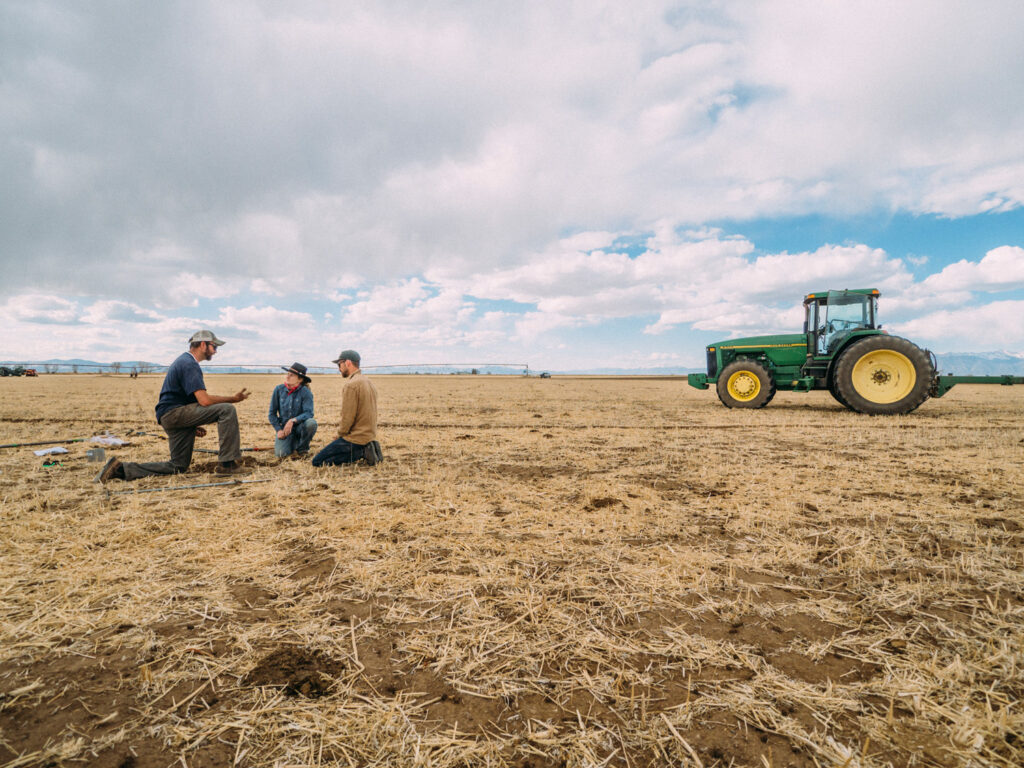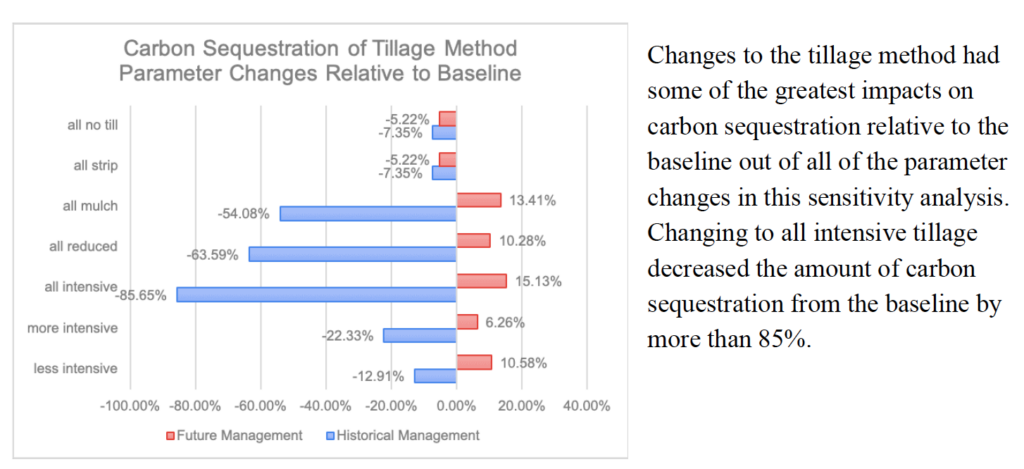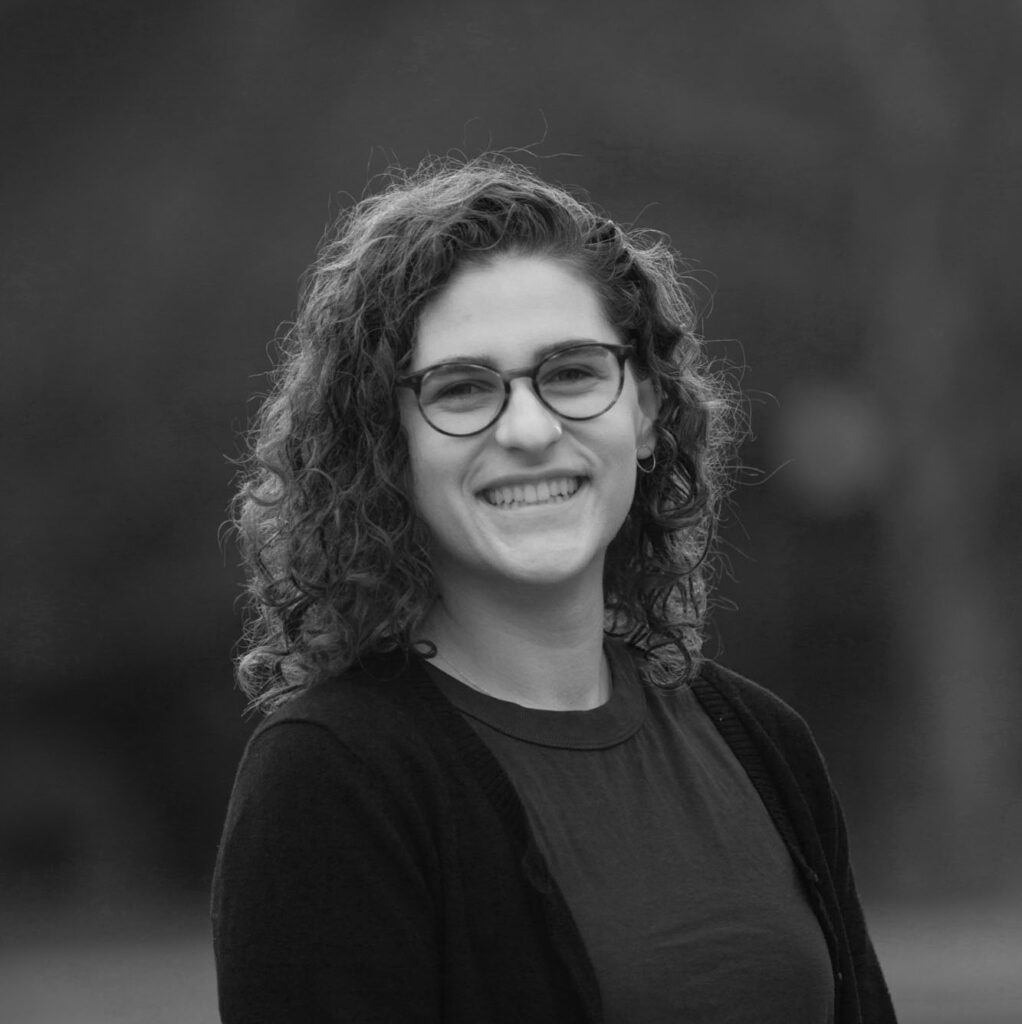This summer I’m working as a summer fellow for Mad Agriculture. MadAg is working, as they put it, to “catalyze a regenerative revolution in agriculture that is beautiful, just, and inevitable.” MadAg works with farmers across the Mountain West, Southwest, Great Plains and Midwest to help them ecologically and economically.
I had initially planned to be working with the MadAg team from their headquarters in Boulder, Colorado but instead I’m working from my apartment in New Haven, Connecticut. It’s been a challenge to do work that is so based in the land and the dirt from 2,000 miles away. But I feel lucky to be working with great people who have been so welcoming virtually. Despite the distance, I’ve had a great experience since I started working with MadAg in early May.

Farming in Colorado. Photo credit: Jane Cavagnero, Mad Agriculture
One of my projects this summer is working with the COMET Farm tool. COMET Farm is a farm and ranch carbon and greenhouse gas accounting system. COMET Farm analyzes the historical management of a whole farm or ranch and then calculates the carbon sequestered and greenhouse gas emissions saved based upon potential future management scenarios. I am running a sensitivity analysis in COMET Farm to determine how changing the inputs impacts the outcome of the carbon sequestered or the greenhouse emissions saved, or doesn’t. Knowing whether the exact date of fertilization is needed or just the month could be beneficial for users of COMET Farm.
For this sensitivity analysis, I am using data from one field of one farm that Mad Agriculture has been working with for a couple of years. The inputs that I will be analyzing are: planting date, harvest date, yield, % residue removed, tillage date, tillage method, fertilizer application date, fertilizer application rate, irrigation dates, and irrigation volume.
The other main project I am working on is preparing a grant application aimed at increasing farmer engagement with soil health management practices. This grant is in collaboration with some work being done through the Colorado Collaborative for Healthy Soils. For my next blog post, I will share more about the Collaborative and the project that this grant will hopefully be funding.

Discussing farming in Colorado. Photo credit: Jane Cavagnero, Mad Agriculture
Update


Darya Watnick, Western Resources Fellow| Darya Watnick is a Master of Environmental Management candidate at the Yale School of Forestry & Environmental Studies, focusing on agriculture & food systems. She is particularly interested in regenerative agriculture practices and soil health. Her passion for food and agriculture began during her childhood in Southern California, growing up near avocado and citrus orchards and many strawberry fields. She holds a BA in Environmental Studies from Lewis & Clark College in Portland, OR. See what Darya has been up to. | Blog
